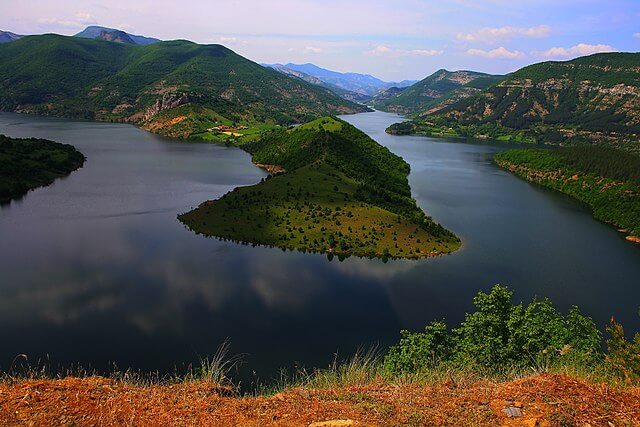
“A looming global water crisis” and “imminent risk” of shortages due to overconsumption and climate change have been warned by a United Nations report.
The report states that the world is “blindly travelling a dangerous path” of “vampiric overconsumption and overdevelopment”. UN Secretary General Antonio Guterres emphasizes the importance of water, “humanity’s lifeblood”, which is being drained by “unsustainable water use, pollution and unchecked global warming”.
The report, published by UN Water and Unesco, warns that “scarcity is becoming endemic” because of overconsumption and pollution, while global warming will increase seasonal water shortages in both areas with abundant water and those already strained.
Richard Connor, the lead author of the report, said that about 10% of the global population “currently lives in areas that are high or critical water stress”.
According to the most recent UN climate report, “roughly half of the world’s population currently experience severe water scarcity for at least part of the year”.
The UNDP Associate Administrator Usha Rao Monari suggests that resources would need to be managed more carefully in the future. “There is enough water on the planet if we manage it more effectively than we have managed it over the last few decades,” she said.
“I think we will have to find new governance models, new finance models, new models of using water and reusing water than ever before. I think that technology and innovation will play a very large role in looking at how to manage the water sector and the use of water.”
The first major UN water summit since 1977, co-hosted by the governments of Tajikistan and the Netherlands, will gather some 6,500 participants, including 100 ministers and a dozen heads of state and government in New York.
——————————————————————————
At Natural World Fund, we are passionate about stopping the decline in our wildlife.
The declines in our wildlife is shocking and frightening. Without much more support, many of the animals we know and love will continue in their declines towards extinction.
When you help to restore a patch of degraded land through rewilding to forests, meadows, or wetlands, you have a massive impact on the biodiversity at a local level. You give animals a home and food that they otherwise would not have had, and it has a positive snowball effect for the food chain.
We are convinced that this is much better for the UK than growing lots of fast-growing coniferous trees, solely to remove carbon, that don’t actually help our animals to thrive.
This is why we stand for restoring nature in the UK through responsible rewilding. For us, it is the right thing to do. Let’s do what’s right for nature!
Support our work today at https://naturalworldfund.com/ and join in the solution!

